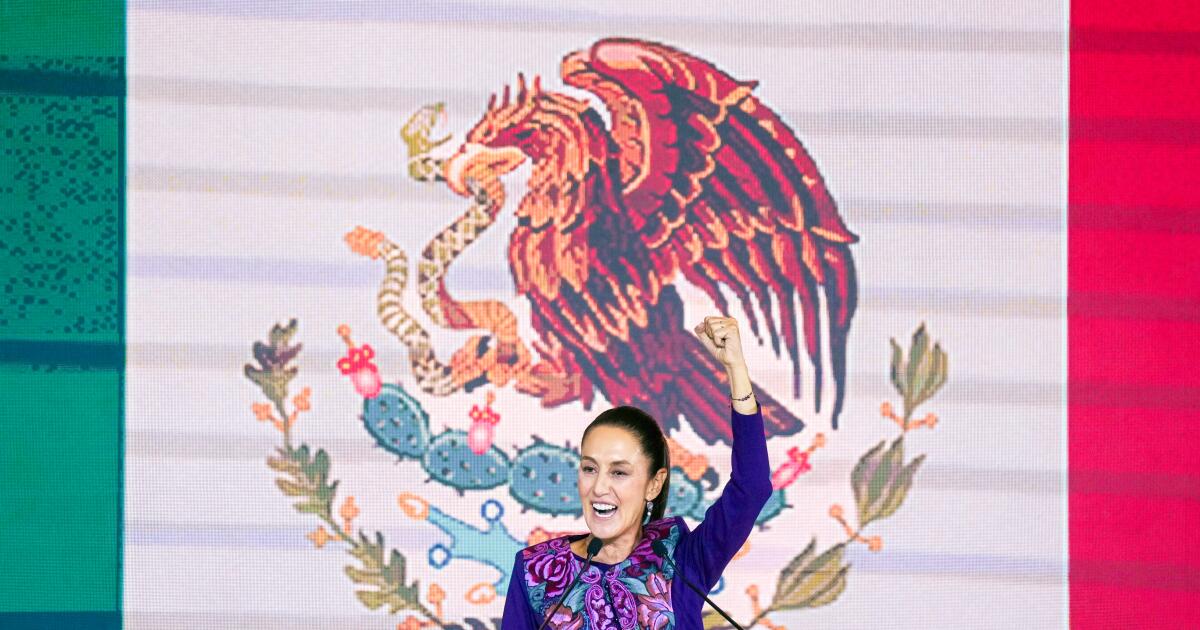SEOUL (Reuters) – South Korea and the United States are trying to agree on the scale, scope and timing of annual military exercises with the novel coronavirus threatening to disrupt the travel of U.S. troops, South Korean officials said on Tuesday.
FILE PHOTO: U.S. Defense Secretary Mark Esper welcomes South Korea’s National Defense Minister Jeong Kyeong-doo to the Pentagon in Washington, U.S., February 24, 2020. REUTERS/Erin Scott
South Korean Defence Minister Jeong Kyeong-doo and U.S. Defence Secretary Mark Esper had a telephone call on Tuesday but could not decide on details of the exercises, which usually begin in early August, officials said.
U.S. Forces Korea (USFK) has reported nearly 50 cases of the coronavirus among its troops, employees and their families in the past three weeks, including 10 on Monday. All were confirmed upon arrival or while in two-week mandatory quarantine.
“We’ll watch developments to determine the scale, date and methods of the exercises,” said a South Korean official who declined to be identified citing the diplomatic sensitivity of the issue.
“We have to do what is necessary, but safety is also key to maintaining defence readiness posture,” the official said, suggesting the exercises could involve more simulations and less field training.
The spike in coronavirus cases linked to U.S. forces has raised concern in South Korea. The city of Pyeongtaek, home to a big U.S. base, has asked the South Korean government to ensure that all U.S. soldiers get tested before their arrival.
The possible disruption of the exercises comes at a sensitive time.
U.S. President Donald Trump has questioned the value of the drills and in 2018 even suggested to North Korean leader Kim Jong Un that he would end them.
There are about 28,000 U.S. troops in South Korea.
Jeong and Esper did not discuss any withdrawal of U.S. soldiers, the South Korean official said, dismissing as “groundless” a recent Wall Street Journal report that the Pentagon had offered the White House options to reduce the U.S. military presence in South Korea.
Reporting by Hyonhee Shin; Editing by Robert Birsel


















/cloudfront-us-east-2.images.arcpublishing.com/reuters/27KHRNR5LNNXDJU6APOLUFZH6I.jpg)
